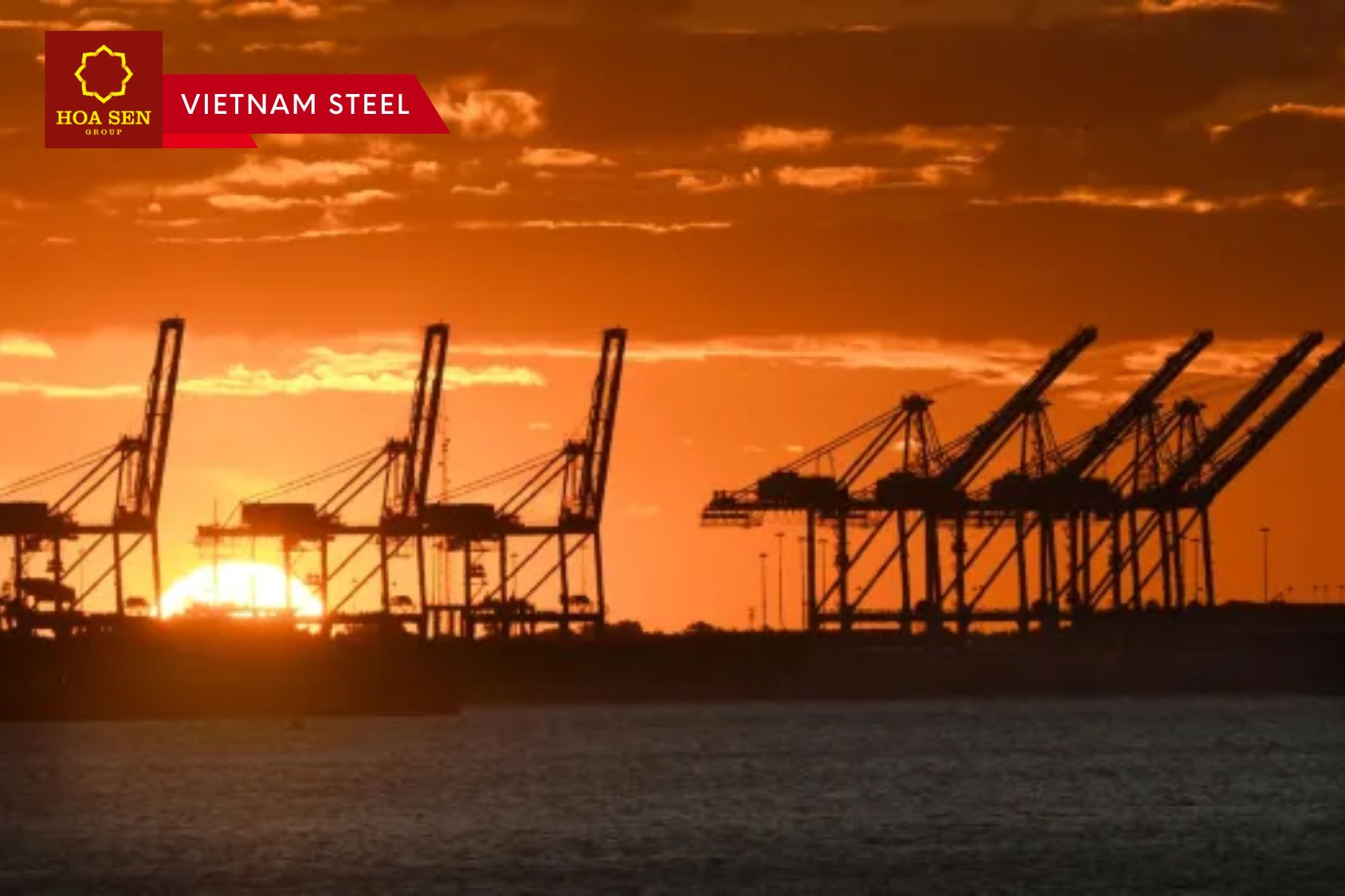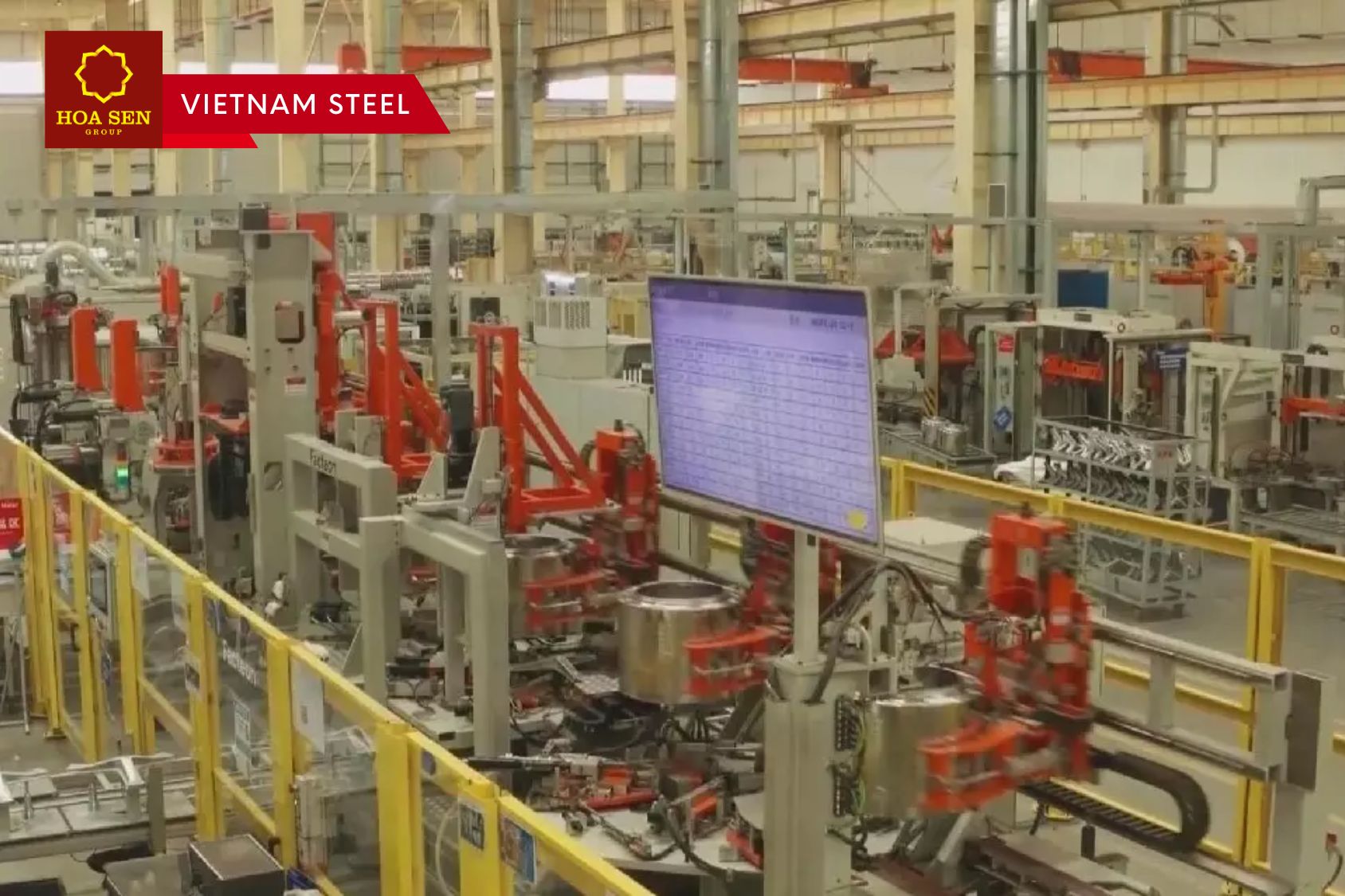The fast approaching Oct. 1 dockworker strike by members of the International Longshoreman's Association (ILA) at US East Coast and Gulf Coast port facilities is expected to have its most profound impact on imports of containerized downstream and finished steel products such as automobile parts, steel industry experts told SteelOrbis today.
Imports of long steel products like rebar, used in the US construction industry, which has recently been in decline due to low demand as a result of high interest rates and aggressive US mill discounting programs targeting imports, isn't expected to be affected much, they said.
"We're expecting very low volumes of imported long products to be moving into the US in the fourth quarter of this year," remarked one rebar market insider to SteelOrbis. "Break-bulk shipments of imports are not expected to be affected much as those terminals are non-unionized."
Break-bulk cargoes are usually stowed onboard ships in individually counted units. This is in contrast to cargo stowed using modern intermodal containers as well as bulk cargo, which are largely handled by unionized workers.
Scrap market insiders tell SteelOrbis that some scrap exporters are planning creative "work arounds" to be able to continue to deliver export scrap, even if the strike occurs and halts the flow of containerized product to large importers.
"Exporters are going to be shipping scrap to bulk exporters, rather than using containers like they normally due to get around the unionized facilities," one scrap insider told SteelOrbis. "Obviously, the closer you are to the US East Coast or the US Gulf Coast ports, the better off you are."
Recent discussions with shipping contacts finds that many of their customers expect rail delays to mount as many shippers already have opted to divert containerized products to US West Coast ports not affected by the strike. "They'll have to re-route or wait it out," a senior shipping contact told SteelOrbis recently.
Still, many don't predict the strike will last long, as its estimated to cost about US $5 billion per day in lost goods and services, an analyst at JP Morgan said recently.
"This port strike will last 24 hours to two weeks, they're saying," one flat steel market insider commented to SteelOrbis.
Recent reports have estimated that for each day the strike drags on, it will take between 4-6 days to clear the backlog of stranded shipping containers. Recent port reports tracking so-called "dwell time" for inbound containers indicate that the Ports of Long Beach and Los Angeles currently are backed up "nine-plus days," unchanged from a week ago.
"I don't put much credence into the supposed affects of the strike," said another scrap market insider. "We're not really hearing that much about it in the (scrap) industry, so we're thinking that it will likely go on a day or two and then the workers will be forced back to work. We're also hearing that demand for containerized scrap overseas remains pretty weak with cheap Chinese billet being used as an alternative."
Recent reports indicate sentiment in the global billet market has changed drastically during the week of Sept. 23, after sharp price increases were seen in China, following the announcement of a number of stimulus measures to support the economy and the struggling real estate market. Moreover, the outlook has also become more positive for October, insiders said.
Read more: China’s large industrial enterprises increased their profits by 0.5% y/y in January-August
Vietnam Steel by Hoa Sen Group

